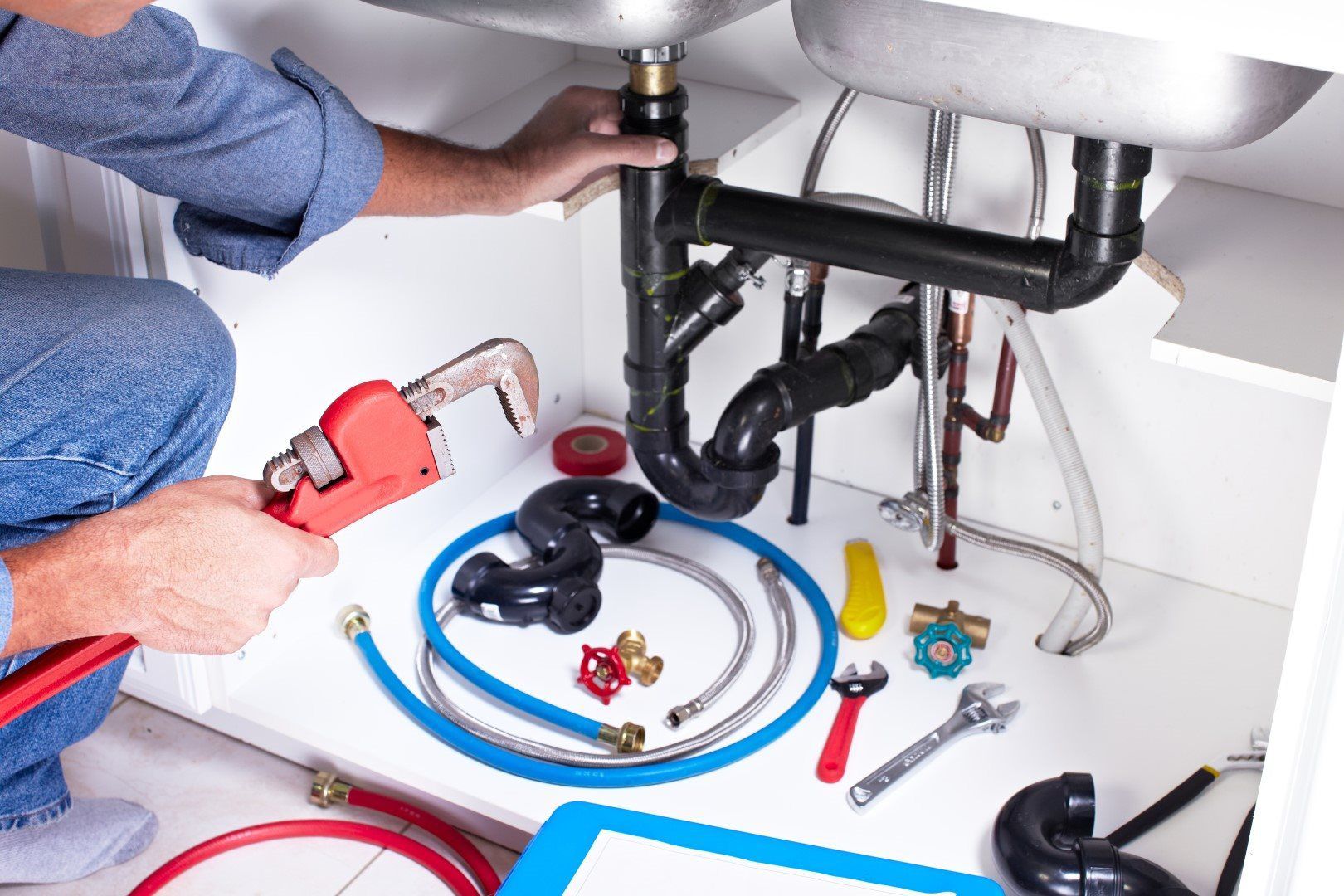A sanitary plumbing system aims to safely and efficiently remove wastewater and sewage from buildings and transport it to treatment plants or disposal sites. A properly designed and installed plumbing system is essential for public health, safety, and sanitation.
Purpose of having a plumbing system
Sanitary plumbing systems include pipes, fittings, traps, vents, and fixtures, such as toilets, sinks, showers, and bathtubs. These components work together to ensure the proper flow of water and waste, prevent the entry of sewer gases and odours into buildings, and protect against the spread of disease-causing organisms.
Eliminate wastewater
One of the primary functions of a sanitary plumbing system is to remove wastewater and sewage from buildings. This wastewater includes all the water that goes down the sinks, showers, and toilet drains, as well as sewage from toilets and other waste-producing fixtures. Without a proper plumbing system, this wastewater would accumulate in buildings, leading to unsanitary conditions and health hazards.
Prevent buildup in the sewage system.
A plumbing system must be designed to facilitate the efficient flow of water and waste. Pipes must be installed at the correct angles and with the appropriate slope to ensure that wastewater flows in the right direction and doesn’t stagnate or back up. Additionally, plumbing fixtures must be sized appropriately to handle the volume of water and waste produced, and drainage systems must be designed to handle peak flows during periods of high-water usage.
Prevent foul smells from entering homes.
Another critical function of a sanitary plumbing system is to prevent the entry of sewer gases and odours into buildings. Sewer gases are produced as wastewater and sewage decompose. They contain harmful chemicals like methane, ammonia, and hydrogen sulfide. These gases can cause health problems, such as headaches, nausea, and respiratory issues.
A plumbing system must include traps and vents. Traps are U-shaped pipes that hold water and create a seal that prevents sewer gases from entering buildings. Vents are pipes that allow air to enter the plumbing system, which helps wastewater flow freely and prevents the buildup of sewer gases.
Protection against diseases
Finally, a sanitary plumbing system must protect against the spread of disease-causing organisms. Wastewater and sewage contain bacteria, viruses, and other pathogens that can cause cholera, typhoid fever, and hepatitis A. These pathogens can contaminate water sources and spread disease throughout communities if not properly managed.
Plumbing systems must be designed to minimize the risk of cross-contamination between wastewater and clean water sources. This includes installing backflow prevention devices that prevent contaminated water from flowing back into clean water sources and ensuring that wastewater and sewage are adequately treated before being discharged into the environment.
Sanitary plumbing system – Waste water treatment
Wastewater treatment systems are a vital part of modern life. As populations continue to grow and resources become increasingly scarce, managing our wastewater responsibly is more important than ever. This is especially true in homes, where we generate large amounts of wastewater daily. In this essay, we’ll explore the importance of wastewater treatment systems in homes and the benefits they provide.
Critical for the health of residents
First and foremost, wastewater treatment systems in homes are critical for public health. Wastewater contains a range of pathogens, including bacteria, viruses, and parasites, that can cause illness and disease in humans. If wastewater is not treated correctly, it can severely threaten public health. For example, wastewater discharged into rivers, lakes, or other bodies of water can contaminate drinking water supplies and spread waterborne diseases. Wastewater that is not treated correctly can also create unpleasant odors and attract insects and rodents, further spreading disease.
Significant environmental benefits
Wastewater treatment systems in homes also have significant environmental benefits. Untreated wastewater can devastate ecosystems, including rivers, lakes, and other water bodies. When wastewater is discharged into these bodies of water, it can cause algal blooms, which consume oxygen and lead to the death of fish and other aquatic life. Wastewater can also contain nutrients, such as nitrogen and phosphorus, which can contribute to eutrophication and the growth of harmful algae. By treating wastewater before it is discharged, we can reduce the impact on our environment and protect the health of our ecosystems.
Help preserve water resources.
Another significant benefit of home wastewater treatment systems is that they can help conserve water resources. By treating wastewater, we can reuse it for various purposes, such as irrigation, landscaping, and toilet flushing. This can significantly reduce the demand for freshwater, a limited and valuable resource. In areas where water is scarce or expensive, wastewater treatment systems can be precious in helping to conserve resources.
Economically beneficial
Wastewater treatment systems in homes can also provide economic benefits. For example, treating wastewater can help reduce the costs of maintaining septic systems. Septic systems require regular maintenance and pumping, which can be expensive. By treating wastewater, homeowners can avoid these costs and reduce their environmental impact. Additionally, treated wastewater can be used for various purposes, such as irrigating crops or landscaping, which can help reduce the costs of using fresh water.
Sustainable home development
Finally, wastewater treatment systems in homes can help promote sustainable development. As populations grow and resources become increasingly scarce, it’s crucial to develop sustainable solutions that minimize our environmental impact. Treating wastewater can reduce the environmental impact and conserve resources while providing the necessary infrastructure to support growing populations. Sustainable development requires us to think carefully about the long-term impacts of our actions, and wastewater treatment systems are an essential part of this process.
Wrap up – Hire sanitary plumbing system installation services in Dubai
Homeowners, policymakers, and businesses must work together to develop sustainable solutions that meet our growing population’s needs while minimizing environmental impact. Investing in sanitary plumbing systems can build a more sustainable future for ourselves and future generations.
What are you waiting for? SSB contracting is the best place to hire plumbing & sanitary installation services in dubai.





